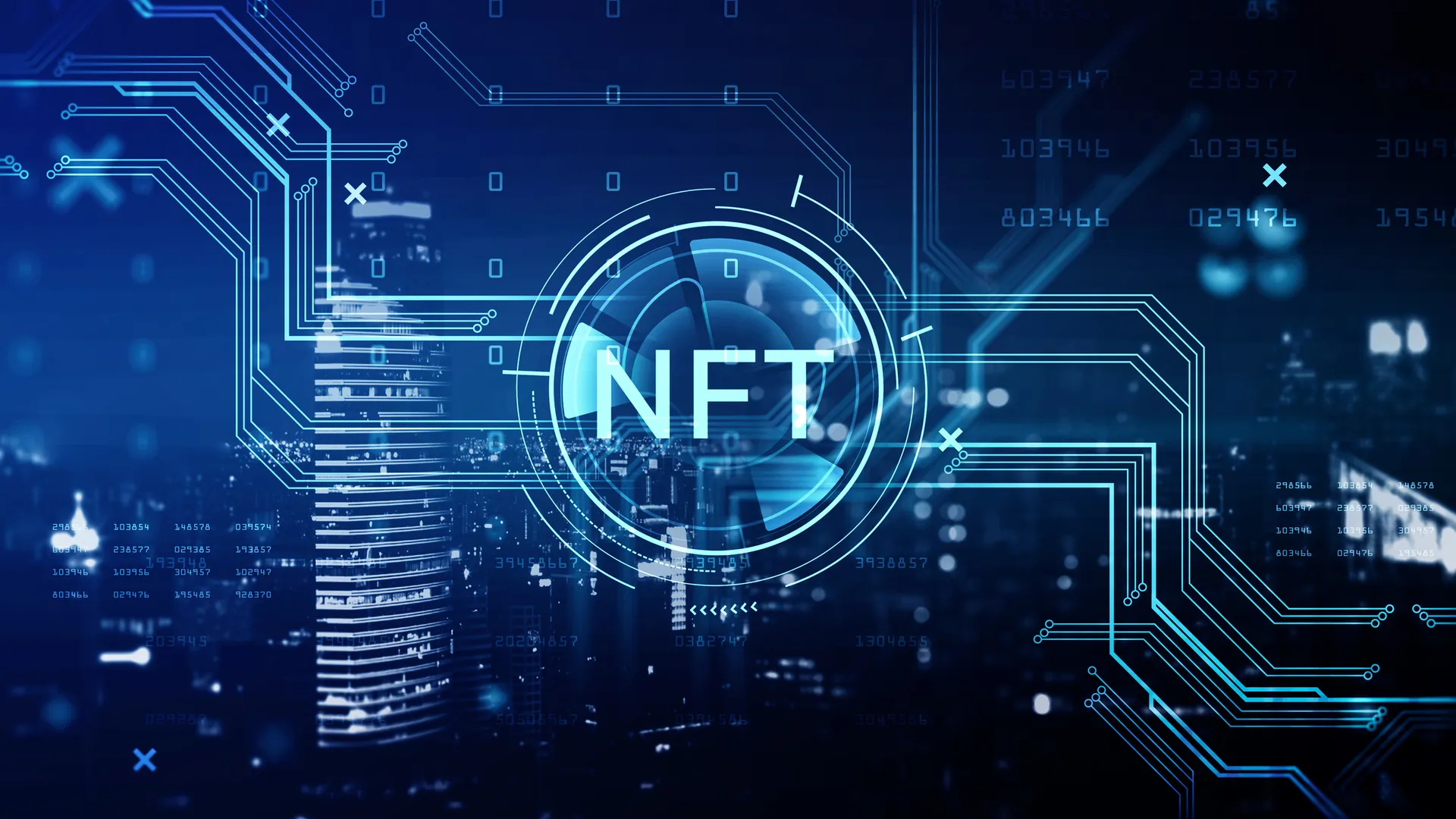

In the past, equity was represented by a paper certificate. Later, it became a number in a brokerage account. Now, it’s evolving into something you can hold in your digital wallet—an NFT. Stock NFTization is gradually reshaping how we perceive investment and ownership. It's not just about technological innovation—it’s about changing investor behavior, demographics, and the underlying trust system in finance.
Gen Z investors have grown up in a world dominated by smartphones and instant interaction. They’re drawn to visual, tangible digital experiences. Traditional stock interfaces are often cold and complex, while stock NFTs are unique, displayable, and tradable digital assets. Many come with branding, signatures from founders, or access to community perks. For younger investors, this form of “personality-infused” ownership often feels more engaging than purely abstract financial returns.
One of the more profound shifts brought by stock NFTs is the merging of investment and participation. Many projects issue NFT-based shares with built-in voting or governance rights, allowing holders to be part of the company’s direction—not just passive capital providers. This “I invest, therefore I belong” mindset builds loyalty and deepens user engagement. Owning stock becomes more than profit-seeking—it becomes part of one’s digital identity.
NFTs are naturally liquid and visually engaging, leading some investors to treat them like collectibles. You can collect early equity NFTs from promising startups or trade them like digital assets. This gamified investment experience energizes the market, but it also introduces short-termism. Some investors focus more on flipping NFTs for quick gains than holding equity for long-term value creation.
Despite the buzz, the legal standing of NFT-based equity is still unclear in most jurisdictions. Investors are largely relying on trust in the project or platform, rather than enforceable rights. If a platform shuts down or defaults, recovering one’s shareholder benefits may be difficult or impossible. For serious, long-term investors, this makes stock NFTs a high-risk, high-potential experiment—not a stable asset class yet.
Stock NFTization is more than a superficial change—it reflects a deeper shift in what modern investors expect: transparency, control, and participation. As legal frameworks evolve and technologies mature, NFT-based equity could eventually become a standard part of investment portfolios. It won’t just be a financial product—it may become a symbol of investor identity in the digital era.